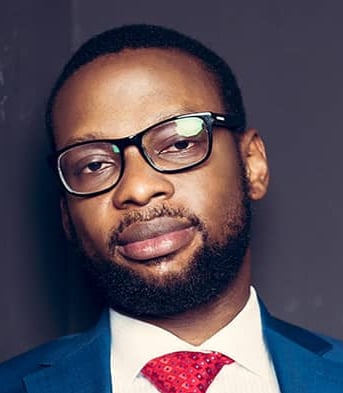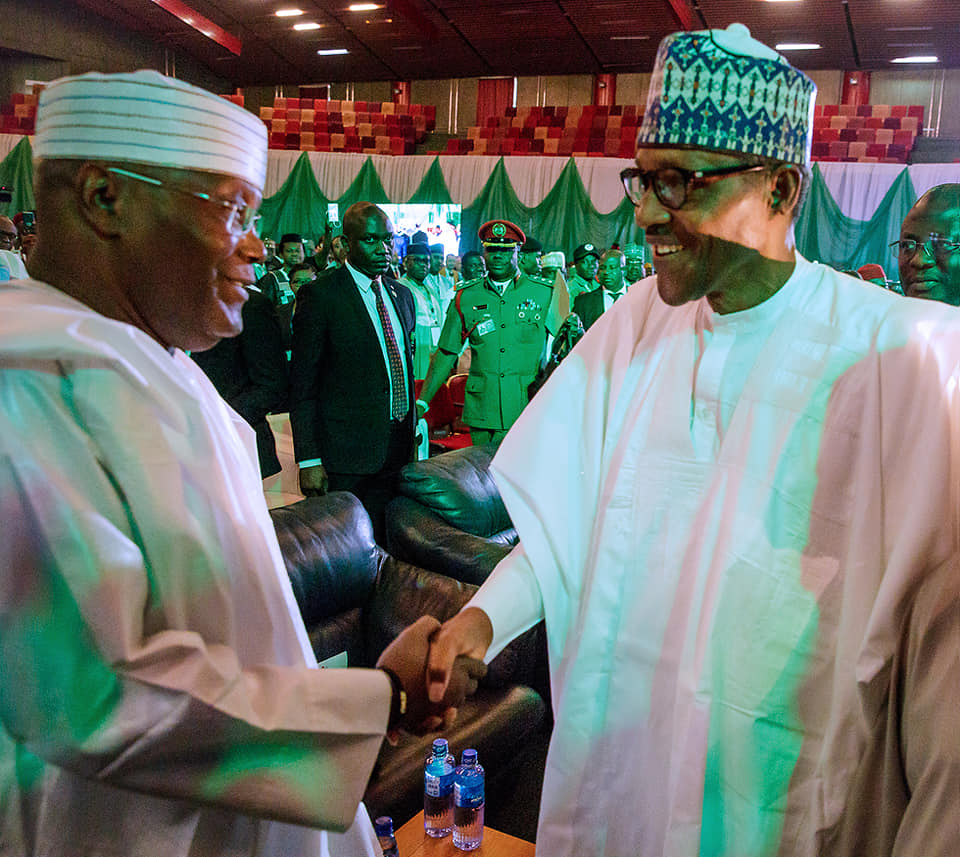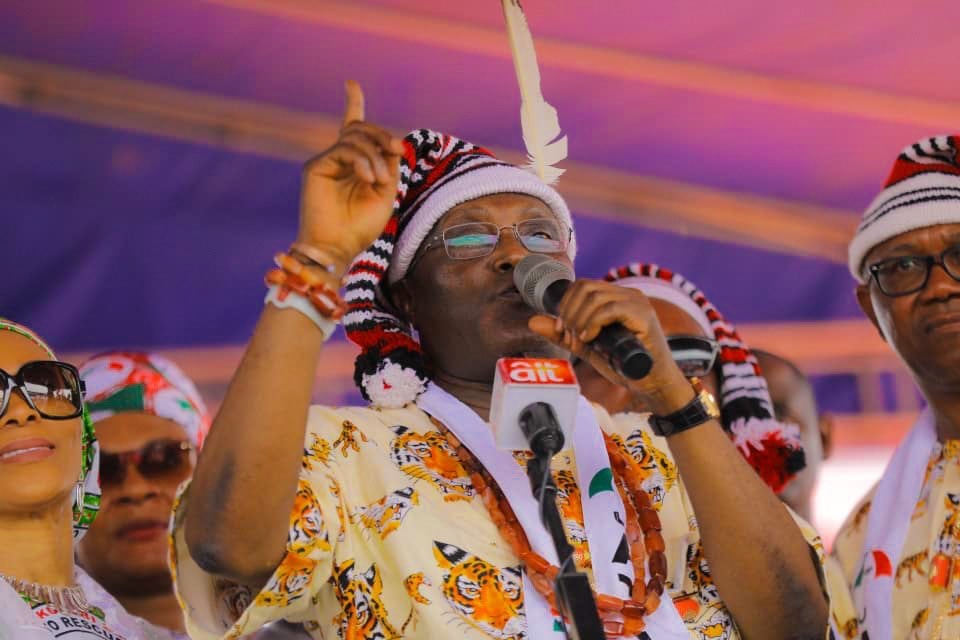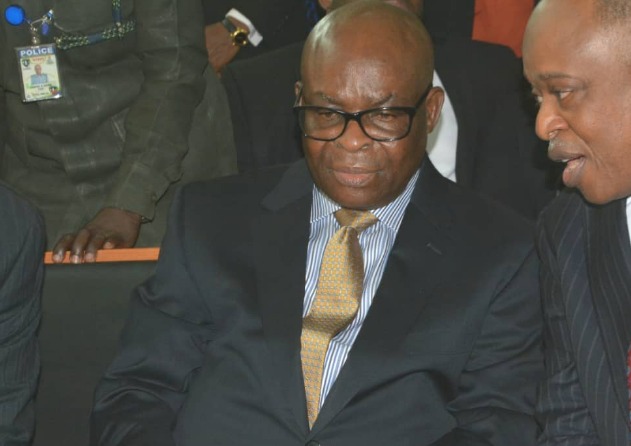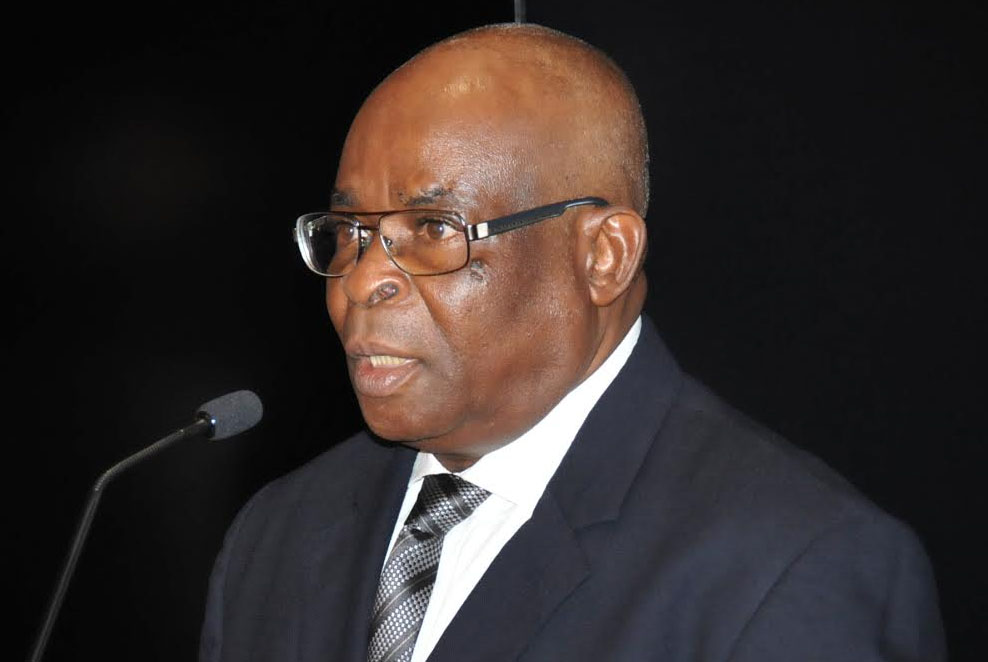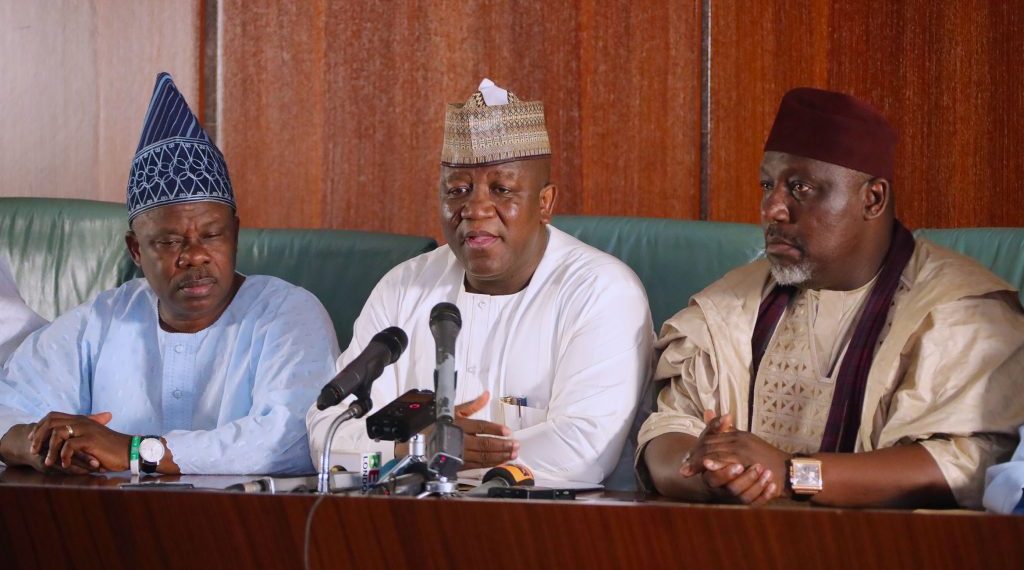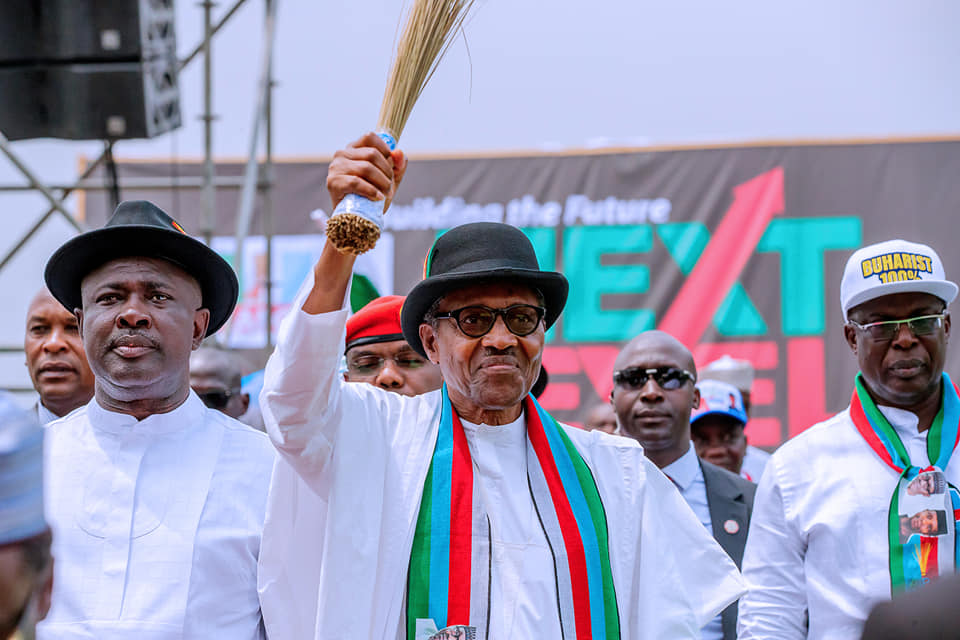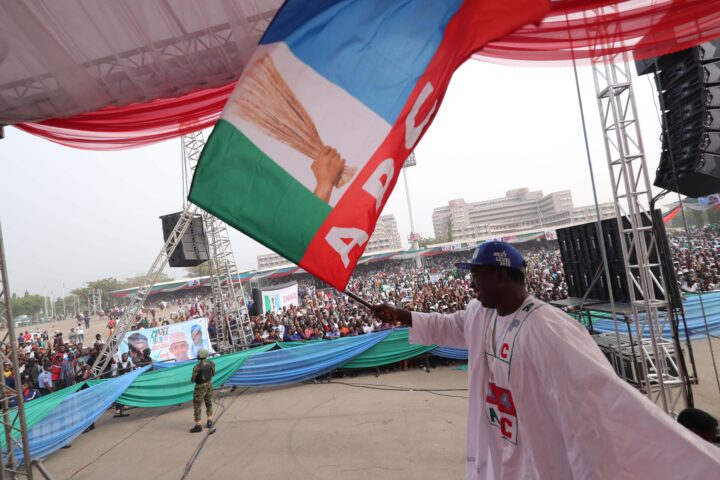There is something baffling about the fascination of Nigerians with the lesser of two figurative evils. In fact, the twin-devil concept is popular in Nigeria beyond politics, as exemplified by the widely-applied saying: “The devil you know is better than the angel you don’t.”
In 2015, Nigerians went to the polls torn between the devil and the deep blue sea: Goodluck Jonathan, the then incumbent whose administration was corrupt and largely inept; and Muhammadu Buhari, a perennial presidential candidate with an unsavoury reputation for dictatorship and ethnic bigotry.
On Saturday, after four years, Nigerians go to the polls at similar crossroads. This time the choice is between Buhari, whose four years have served to embellish rather than diminish his pre-2015 perception, and Atiku Abubakar, a former Vice President whose campaign has been undermined by repeated and severe allegations of corruption, and whose campaign team — to worsen the matter — is spearheaded by people with a history of siphoning public funds. How did we get to the point where Buhari, the lesser of two evils in 2015, hasn’t managed to get upgraded to the angel Nigerians know?
Honeymoon Gone Sour
Advertisement
No President in Nigeria’s history ascended power with the enormity of goodwill afforded Buhari in 2015. He got away with many things, including petrol price hike, traditionally the public’s tipping point for nationwide protests. He won himself numerous admirers by arresting and prosecuting corrupt former public office holders, the biggest of whom was Sambo Dasuki, Ex-President Goodluck Jonathan’s National Security Adviser (NSA) believed to have overseen the frittering away of $2.1billion that should have gone into bolstering the Army’s weaponry against Boko Haram. But his administration soon unravelled.
He did fight corruption — that is true and Nigeria badly needed it — but it didn’t take long before it became obvious his anti-corruption campaign was opposition-centric. Not only did he overlook criminal/corrupt elements in his government — including Babachir Lawal, Secretary to the Government of the Federation (SGF) and Finance Minister Kemi Adeosun — his party, the All Progressives Congress (APC), has gleefully welcomed and harboured opposition politicians with corrupt cases who signify intention to defect to the ruling party. He waited six months before composing his cabinet; and as more appointments came in, the bias for his northern origin was unmistakable. On top of this, in Buhari’s four years, the naira has further depreciated, numerous companies have folded up, unemployment levels have spiked.
Buhari spent 103 days of his first term receiving treatment in the UK. That would have been consigned to the past, but it remains a worry for the future because his nationwide presidential campaign tours have betrayed his frailty and senility. From presenting party flags to the wrong candidates, to mixing up the dates he came to power or held past positions, Buhari has recently been inadvertently confirming his wife’s two-year-old revelation that his government had been hijacked by a cabal. Buhari is a President by proxy; the real presidents are the cabal that so annoyed his wife she threatened not to campaign for his reelection.
Advertisement
Atiku’s Presidential Bid Doesn’t Tickle
Atiku, the man being touted as the alternative to Buhari, comes with his own dissimilar but equally weighty baggage. Unlike the notoriously drab and worryingly uninspiring Buhari — “lifeless” was Donald Trump’s description — Atiku is always at ease discussing Nigeria, his interviews usually offering plenty food for thought and some interesting propositions, including the country’s potentials to solve its everlasting electricity problem with its coal deposits, and the importance of restructuring the country by shedding off a chunk of the power at the centre to states and local governments. As a ‘successful’ businessman, Atiku is tipped to rebuild the economy and reduce unemployment. Possibly he will, but all those gains, were they to happen, would be neutralized by the unsafety of Nigeria’s treasury in his hands.
Atiku himself knows he still cannot be trusted. Once asked by TheCable what impression about him he would love to correct, he answered: “It would definitely be the perception that I corruptly enriched myself during my tenure as Vice President.” In that interview, as he has done in many others, he talked about how US congressman Williams Jefferson claimed part of the $100,000 cash found in his refrigerator was intended as bribe for him for his role in helping American firm iGate secure a contract to expand broadband in Nigeria, and how the court found no evidence backing up the claim. But the report of a probe by a US Senate Permanent Subcommittee on Investigations, chaired by Senator Carl Levin, detailed how, between 2000 and 2008, Atiku “used offshore companies to siphon millions of dollars to his fourth wife in the United States, Jennifer Douglas”. Although Atiku has never been convicted for corruption, it must count for something that he has been plagued by corruption allegations all his life — from his days as a young Nigeria Customs Service officer to recent years with accusations of tax evasion.
Curiously, Atiku’s presidential campaign is being spearheaded by people of questionable character. Gbenga Daniel, a former Governor who is the deputy campaign supremo in Nigeria’s South, is still under trial for alleged corruption, while, in addition to several corruption accusations, Senate President Bukola Saraki, who was by his side last month as he stepped on US soil for the first time in 12 years, has been implicated as the sponsor of a notorious robbery gang in his native state of Kwara.
Advertisement
Interestingly, despite the availability of some credible alternatives — including activist Omoyele Sowore and economists Kingsley Moghalu and Tope Fasua — the great majority of the electorate have narrowed Saturday’s race down to Buhari and Atiku, even though neither candidature offers all-round hope for the long-suffering Nigerian masses. Majority of the people do not seem ready for new ideas and fresh faces; but the alternate candidates have their share of the blame: none of them entered the race earlier than a year of the election to go. Buhari’s ‘Next Level’ project offers little to revel in, Atiku’s presidential ambition doesn’t tickle; yet the electorate seem content with either the devil or the deep blue sea. This means Nigeria’s 2019 presidential election has been lost before it has even kicked off. Any victory on Saturday will be for the candidate and his army of political and personal hangers-on. The real victory for the people will have to wait till 2023 — if Nigerians resolve to at once commence the process of building a virile third political force.
Soyombo, former Editor of the TheCable and the International Centre for Investigative Reporting (ICIR), tweets @fisayosoyombo. A variant of this piece was originally published by Al Jazeera.
Add a comment
